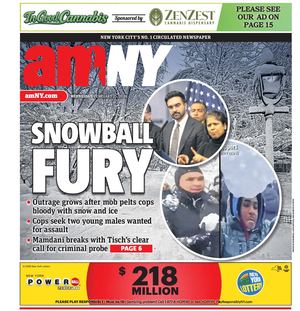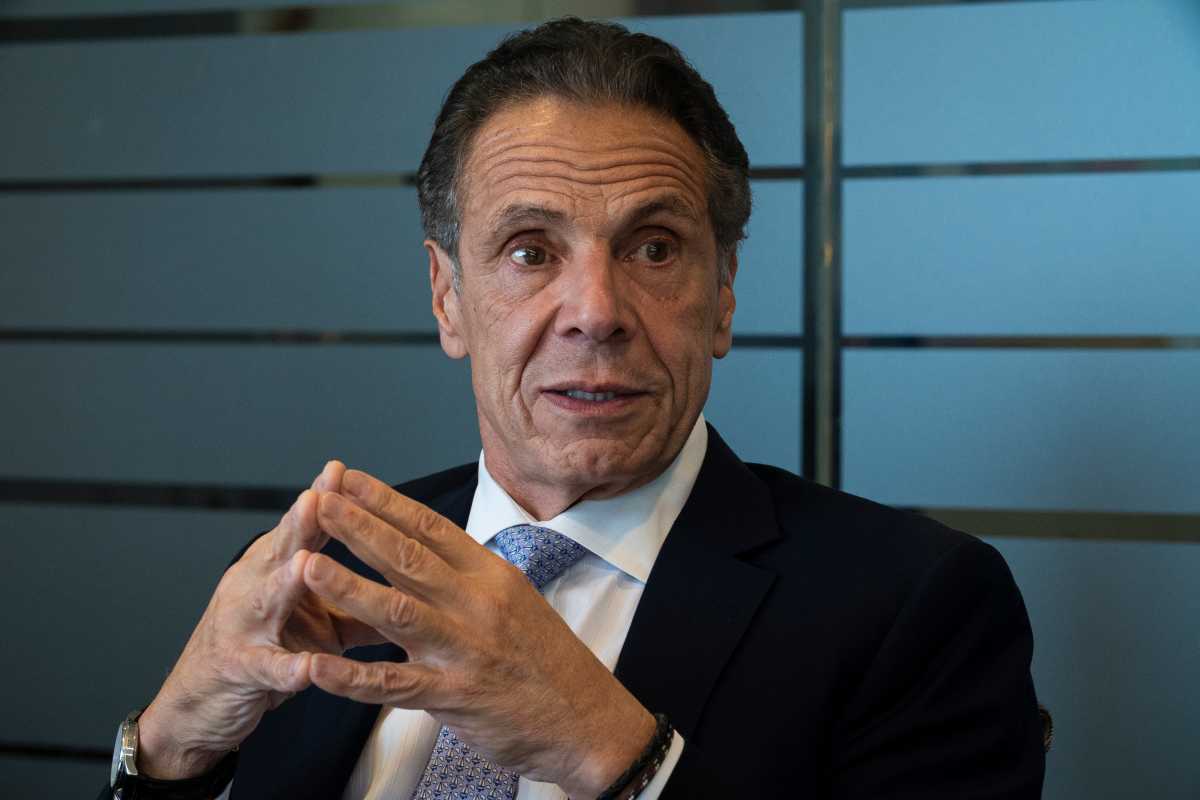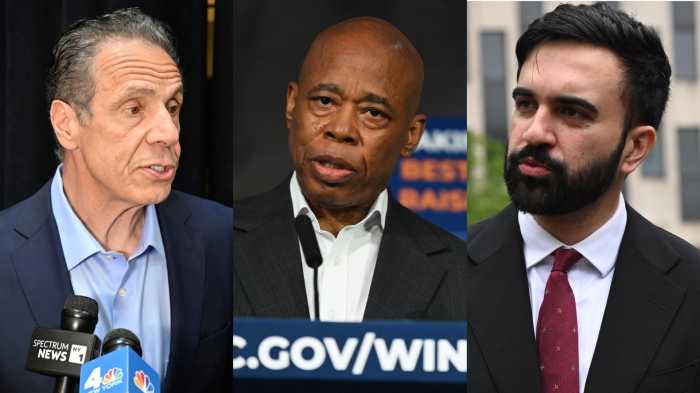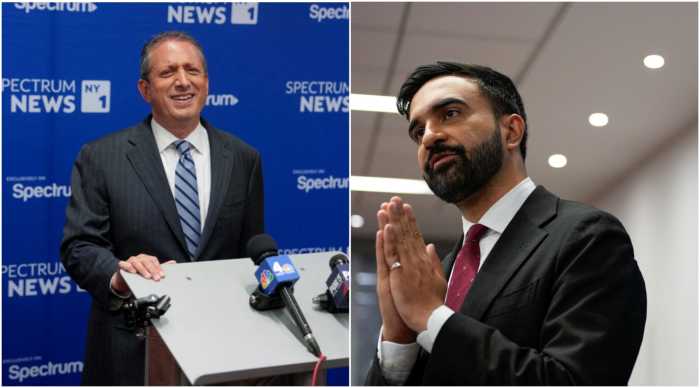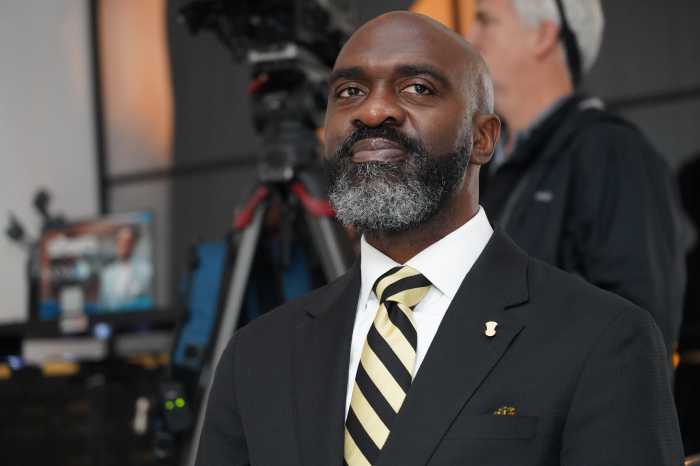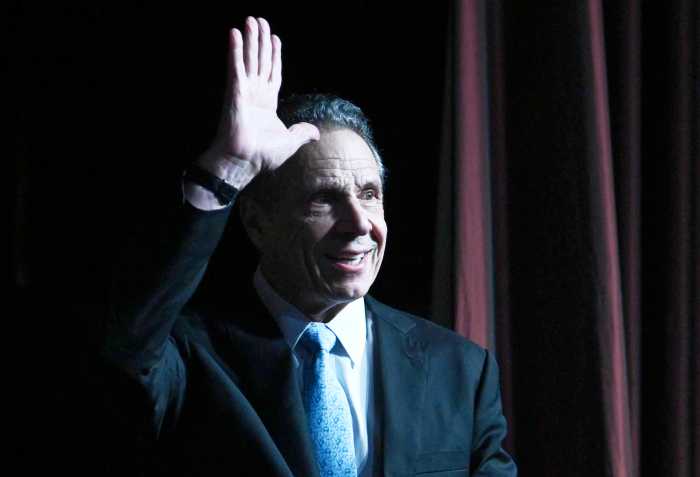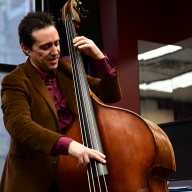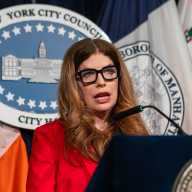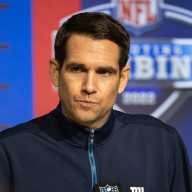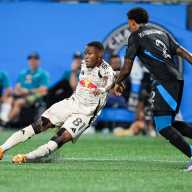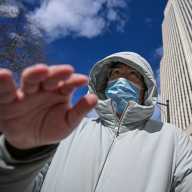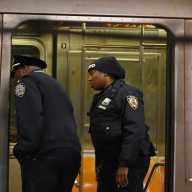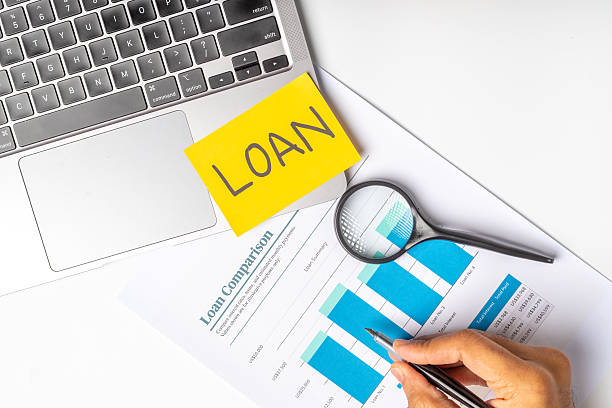Recently, a team of amNewYork and Schneps Media editors and reporters sat down with each of the three mayoral candidates for interviews about their campaigns and visions for the Big Apple. This is the second in a series of stories about those interviews.
Andrew Cuomo has the most extensive résumé of the three candidates seeking to be New York City’s next mayor — and while some argue against that experience, the former governor believes it’s what makes him stand out among the field.
Along with serving as an adviser to his father, former Gov. Mario Cuomo, for many years, Andrew Cuomo held the position of Secretary of the US Department of Housing and Urban Development (HUD) during the Clinton Administration. He also served as New York’s attorney general for four years before being elected governor himself in 2010.
But his political career was not without incident. In 2021, the three-term governor resigned as governor amid a sexual harassment scandal. Several women accused him of sexual harassment, allegations he strongly denies. Many New Yorkers have also been critical of the former governor’s handling of COVID-19 in New York, saying his actions led to the virus ripping through nursing homes across the state. Cuomo has always denied the allegations against him.
However, in an interview with Schneps Media, Cuomo stated that his extensive experience equips him with insight into the complexities of governance and the specific needs of New Yorkers. This background, he explained, uniquely positions him to manage the city’s operations in a way that his opponents, Zohran Mamdani and Curtis Sliwa, can not.
“Because experience matters,” he said. “I know how the state legislature passes laws. I know what it takes to get something done in the city council. I know what to ask for in a state budget that is reasonable and that the state can actually do. Because I understand the budget from the state’s point of view, frankly, better than the state understands the budget from the state’s point of view.”
Despite his resume and background, Cuomo lost the Democratic primary in June to Mamdani, a candidate with considerably less experience in city and state government. The loss, however, compelled Cuomo to keep going in the race, but to run as an independent — hoping to attract more moderate and conservative voters in the general election.

Andrew Cuomo, candidate for NYC mayor in 2025, discussed topics including affordable housing and public safety.Photo by Jonathan Portee
Affordable Housing: ‘Build, baby, build’
Cuomo’s plan for affordable housing centers on increasing supply in a city that has an abysmally low vacancy rate of 1%. When so few residential units are available, it shows supply is not keeping up with demand. He said the city needs to build 50,000 units a year.
Although that is a massive number, Cuomo said it is not hard to build. However, he argued, bureaucracy has traditionally hindered construction. For example, he said, it can take four years to get a building permit. He also said whoever is mayor should stand up to NIMBYism – when communities do not want a particular project in their neighborhoods.
Alluding to the power that the NYC Council has, a council member can stop a project at any time in their district, he said.
“And whenever there is NIMBY, politicians stop. Why? Because they don’t want to offend anyone,” he said. “ There’s going to be some woman, some man, some group, say, you know, 4201 Avenue K Group and the politicians don’t want to offend that vested interest, so they back off.”
He touted the construction projects that were built under his gubernatorial administration, including the $8 billion redesign of LaGuardia Airport in Queens as well as the first phase of the Second Avenue Subway, which added three stops in Manhattan to the Q line.
Cuomo also proposed utilizing underused city-owned land for the construction of new affordable units, as well as the conversion of commercial buildings to residential use.
Tackling crime in NYC
Crime is at the forefront of many New Yorkers’ minds. Cuomo’s crime-fighting strategy comes down to, notably, one thing: empowering the NYPD. This includes hiring 5,000 new police officers to the NYPD to bring it to closer to the size it was 25 years ago.
However, the police officer job is no longer as desirable as it once was, as evidenced by high attrition rates and a force that is overworked, underpaid, and often compelled to transfer to other law enforcement departments.

Cuomo’s plan to fix officer morale includes paying them more, recognizing that they have, for too long, been the subject of poor public opinion.
“You have to raise the salary,” he said. “And you have to say, ‘I’m sorry.’ I get it. The defund the police demoralized you. You felt you were made to feel like you were the bad guy. You’re not. We respect you. We respect your service, and we’re going to pay you a competitive wage with Nassau, Suffolk, Westchester, which will be about an additional $15,000 a year starting salary.”
His vision also includes cracking down on quality-of-life crimes, tackling shoplifting, identifying repeat offenders, and increasing enforcement.
He also wants increased accountability for e-bike and moped violations with more enforcement and holding businesses responsible for infractions.
Meanwhile, crime is down in most major categories, but there are exceptions, including rape and other sex crimes, according to NYPD data at press time. Cuomo said overall crime is up, and New Yorkers do not feel safe.
“Go out there on the street. Interview 100 people and say, ‘Do you believe crime is down?’ Because it’s not. And they don’t feel it. They don’t feel safe,” he said.
Cuomo’s key priorities for public transit
Cuomo’s top priorities for the subway system zero in on improving safety, cleanliness, reliability and completing construction projects. Similar to his above-ground policing strategy, Cuomo’s subway safety plan includes deploying more officers on trains, reflecting back to the days of former mayors David Dinkins, a Democrat, and Rudy Giuliani, a Republican – an era that many younger New Yorkers might not recall at top of mind.
“Just go back to the Dinkins, Giuliani days. There was a cop on the train,” he said. “One cop who walked the train wound up sitting in a car. You got on the train late at night. You walked to the train. You found the car where the cop was. And you sat in that car with that cop. You were on the platform. You looked for the cop. You went and stood next to the cop. Safety first.”
Cuomo said his vision for a cleaner subway system would “have to be worked out with the MTA” because the city leases the NYC Transit Authority to the state-run agency. As a lessor, the city can help improve reliability of trains, specifically when it comes to the installation of new signals.
“They still haven’t installed the signal system, which was supposed to be done like 12 years ago,” Cuomo said. “So my point would be, when we do the lease, let us help. It’s just NYC Transit. You have to worry about Metro-North, everything else. Let us help with New York City Transit, and let us help with the installation of the signal system.”
Even though Cuomo touted his success as governor in getting the Second Avenue Subway started, his opponent, Mamdani, said in a separate interview with amNewYork that it was not without problems.
“So the Second Avenue Subway is one where in the first phase, we spent more money on consultants than construction,” Mamdani said. “And part of that is because the MTA has lost a lot of the ability to be able to deliver on that, in no small part because of this kind of an approach.”
Sliwa, in another interview with amNewYork, even questioned the need for the Second Avenue Subway — at all.
“Clearly we did not need three stations on the Q train,” he said. “Why are we spending all this money? The stations that nobody wants. I don’t see the demand based on the density of the area that they’re talking about that needs service. How about taking that money and investing it in fixing and repairing the existing system that’s falling apart?”
Takeaways on Andrew Cuomo
As mayor of NYC, Cuomo would have to deal with President Donald Trump on issues. During the COVID-19 pandemic, the two politicians sparred over issues ranging from funding to immigration. However, that experience led Cuomo to understand Trump better.
“So he is smart about the fights he picks,” Cuomo said. “He sent the National Guard into 20 cities. When I was governor, never New York City, never New York City. He didn’t want that fight. It’s not worth it.”
Despite his name recognition and extensive government experience, Cuomo’s victory in the NYC mayoral race after losing the Democratic primary remains to be seen. Running as an independent, he must convince NYC voters that his experience is valuable, his plans will work and he’s a viable choice for mayor of the Big Apple.
